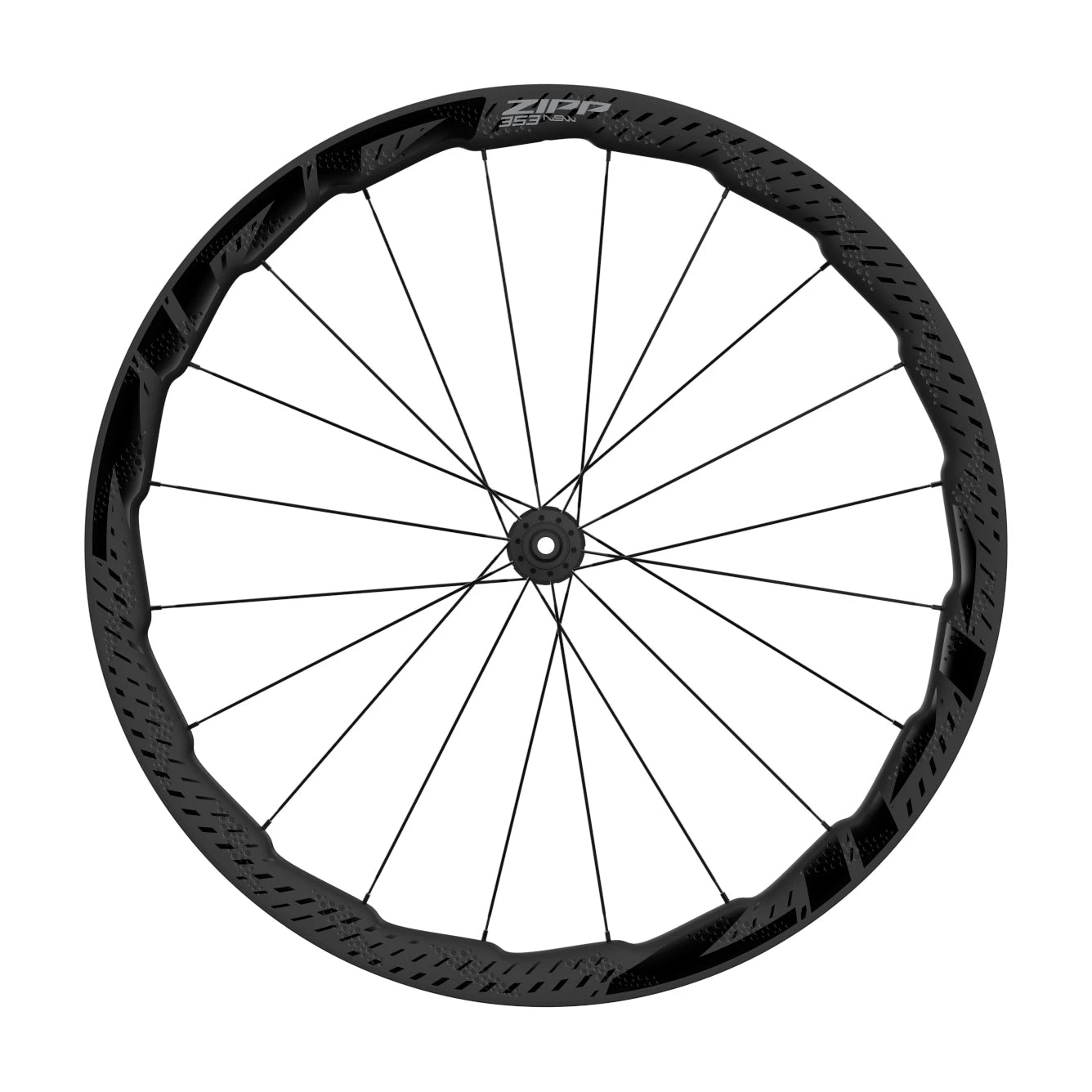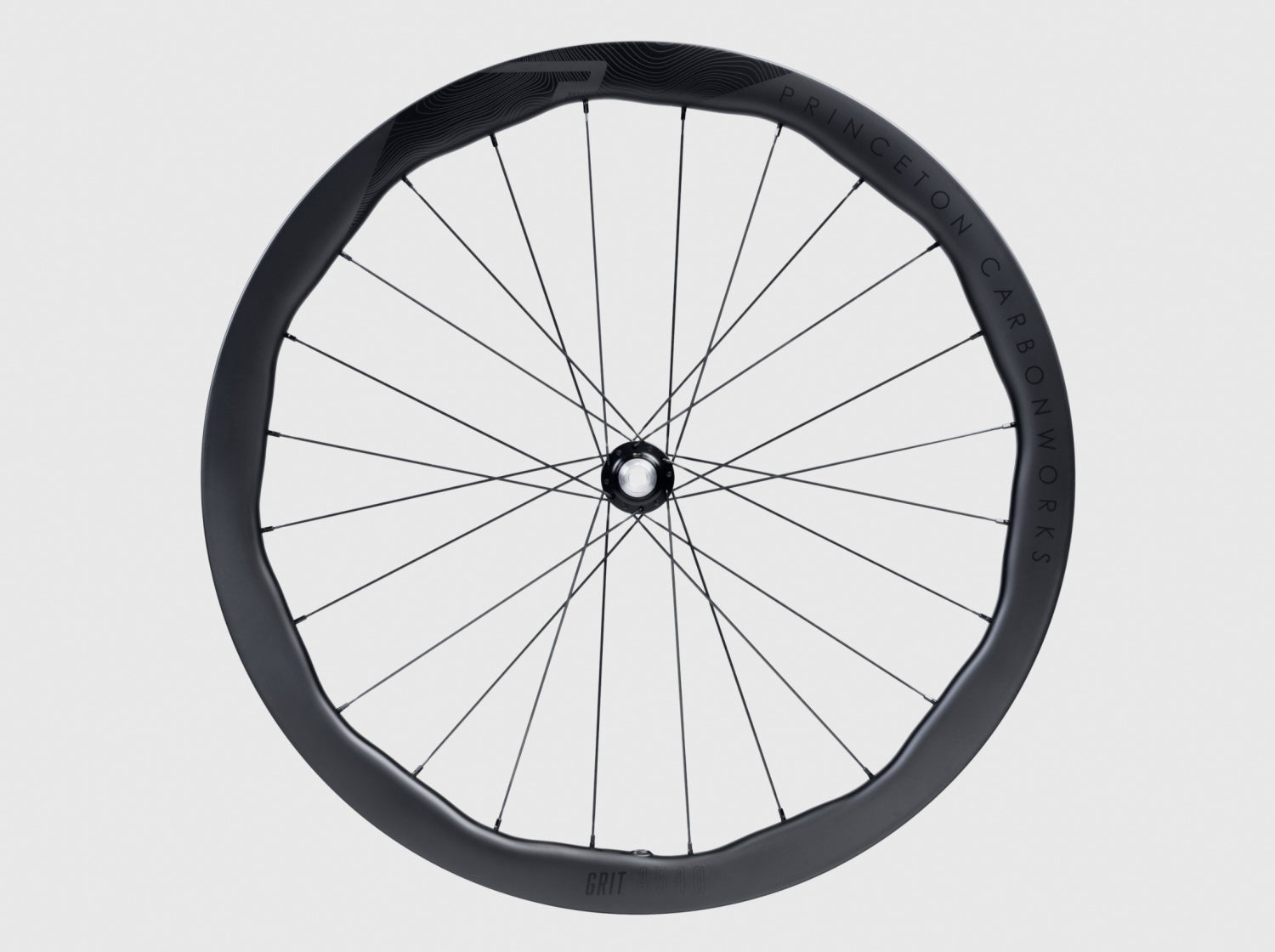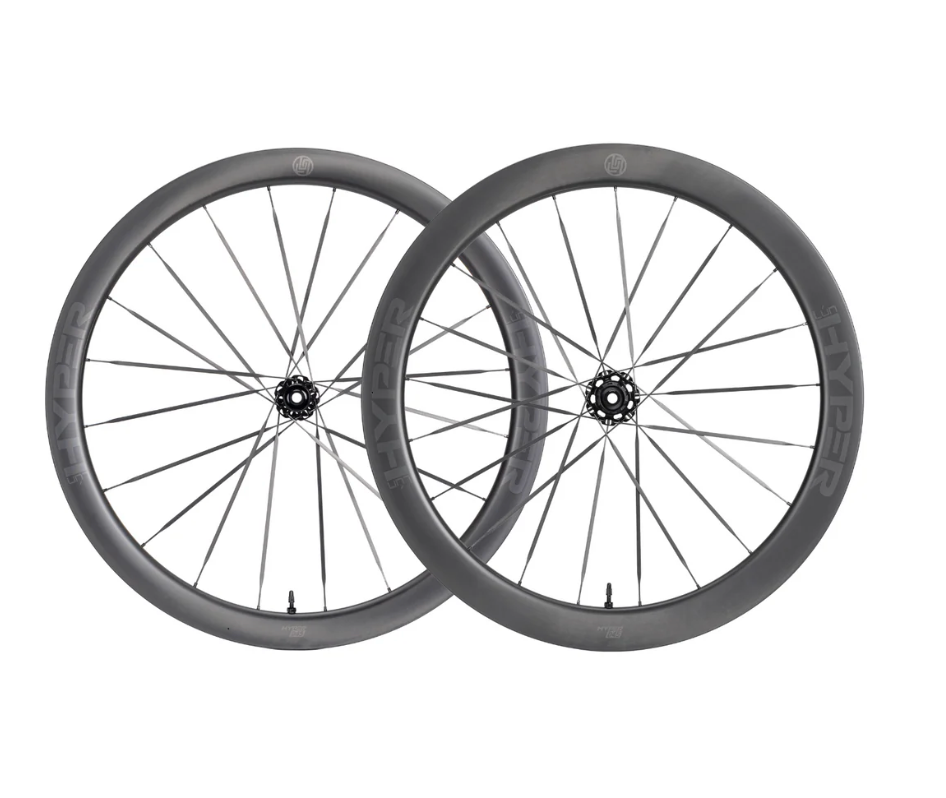Mariposa Bicycles is a hand built bicycle manufacturer. Our team has expertise in all things cycling.
ONLINE SHOP // LATEST ARRIVALS

Zipp 353 NSW Tubeless Disc-brake Wheels
$2,840.00
Zipp 353 NSW Tubeless Disc-brake Wheels
$2,840.00

The Long Winter Ride: How it has changed and what that means.

ALAN Restoration

How past generations optimized aerodynamics and efficiency
Mariposa Handmade Bicycles
Your bike should be built just for you
Unlike most bicycles, which are produced by machines on assembly lines, Mariposas have always been handbuilt by cyclists for cyclists. One tube selector, one cutter, one machinist, one builder, one painter, one assembler. Every Mariposa is built to its riders’ needs. Every tube angle, material and component selection is made with the rider in mind.




















































